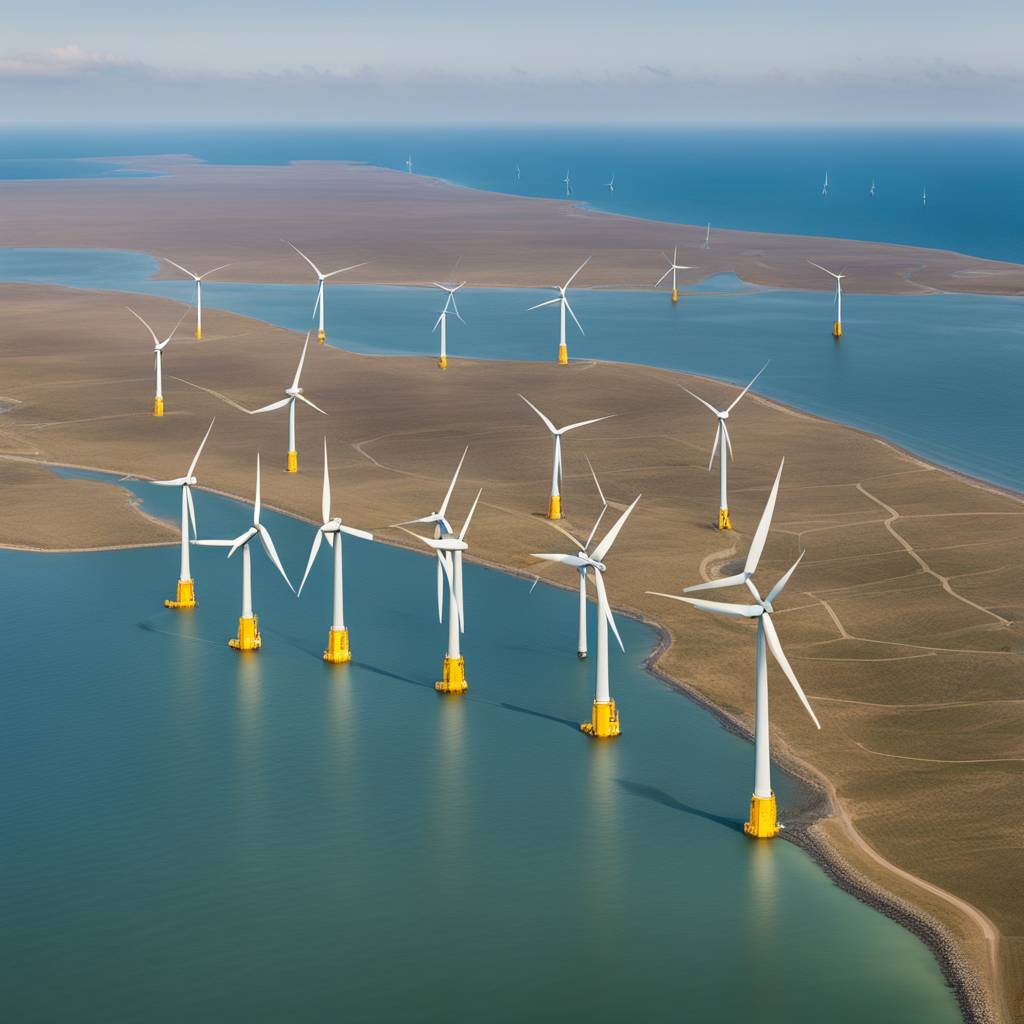New research published in Nature Sustainability suggests that offshore wind farms may not benefit the underwater ecosystem as much as previously thought, despite hopes that they could act as artificial reefs. Led by Anaëlle Lemasson of the University of Plymouth, the study found that while offshore wind farms do not harm marine habitats, they also do not significantly enhance them. The data from 109 published studies indicated no evidence to support the assumption that decommissioning these wind farms as artificial reefs would have a positive impact on the marine ecosystem.
The research did reveal one notable benefit of offshore wind farms – an increase in the abundance of fish in and around the structures. However, this did not extend to marine invertebrates, such as starfish and jellyfish. Interestingly, the diversity of fish species was unaffected, meaning that while more fish were found at these sites, the variety of species remained the same. In comparison, shipwrecks were found to support greater abundances of both fish and invertebrates, raising questions about what makes shipwrecks more conducive to fostering underwater ecosystems.
Providing an insight into the potential future of offshore wind farms, the research also suggests that combining wind farms with aquacultural projects or utilizing them to produce a “sheltering” effect on ocean ecosystems may offer additional ecological benefits. However, it remains to be seen whether these theories will play out in reality. Scientists and engineers alike are tasked with investigating whether the positives of offshore wind development outweigh the negatives, as more offshore wind farms are expected to be brought into service worldwide over the coming years.
Although offshore wind farms do not harm the underwater habitat, they do not necessarily enhance it either. The study emphasizes that while decommissioning them as artificial reefs may not have a significant impact on the marine ecosystem, it also may not cause harm. This neutrality in effects raises questions about the potential benefits of offshore wind farms beyond their primary function of energy production and underscores the need for further research to understand their role in fostering aquatic life.
Ultimately, the study highlights the unique challenges and opportunities presented by offshore wind farms as potential artificial reefs. By examining the ecological impacts of these structures, researchers hope to better understand how they can be leveraged to benefit marine ecosystems in the long term. As offshore wind development continues to expand globally, it is crucial to consider the potential implications for marine life and explore innovative ways to mitigate any negative impacts while maximizing the ecological benefits of these installations.


